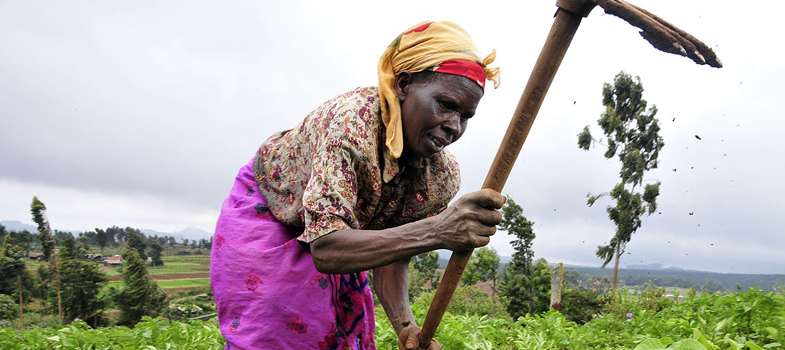1.5 The importance of resilient alternatives
The concern about the effects of the banking crisis and continued challenges for economic growth has raised many broader questions about how people want to live their lives and generate well-being. These questions are generally about values, ethics, lifestyles and even questions about the direction of society and societal development. While these questions have definitely given rise to debates in the global North, they are even more serious when livelihoods, food security and access to basic services are at stake, as in many contexts in the global South. In the African context, for example, there is a new focus on the prospects for youth in particular as many countries have a large proportion of young people but limited opportunities for adequate livelihoods.
A number of writers and researchers have been looking at alternative ways of organising economies and businesses that provide different pathways for fulfilling and secure livelihoods and ways of living. The Nobel Laureate, Joseph Stiglitz, has argued that co-operatives help to create a plural economic system, with more democratic control over enterprises, less exploitation of vulnerable populations and more potential for collective innovation (Stiglitz, 2009). Others have discussed the ‘solidarity economy’ in which forms of economic organisation should be sustainable, innovative and promote social justice. One example is a collection of studies edited by Manuel Castells et al. (2012) in which co-operatives are discussed as an alternative for the future. Birchall (2013, p.18) also notes:
…if the potential of MOBs [membership based organisations] were realised we would quickly come to a new world economic order that is more stable, more trustworthy, more equitable, and driven not by profit but by the desire to meet people’s needs.
In parallel, in the context of developing countries, there is also growing interest in producer organisations and collective action. Academics and policy makers alike have argued that producer organisations have the potential to:
- engage in collective action to protect members
- enhance market linkages
- bring about innovations in products and processes
- reduce poverty, and
- support development - not only for their members but in the wider community.
The extent to which this is the case is explored further in later sections.
1.4 Resilience to crisis in the African context
